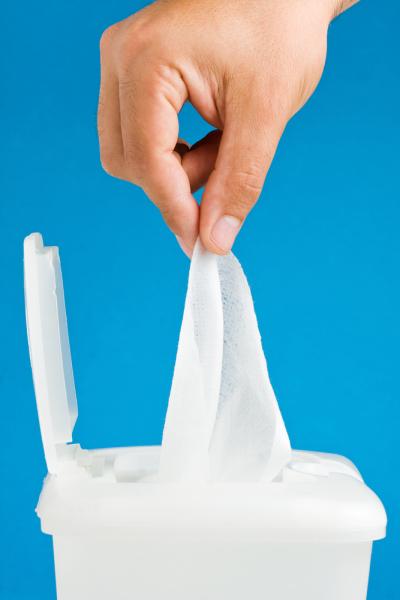A quick perusal of the New York City Council calendar shows that a hearing of the Committee on Environmental Protection, originally slated for this Wednesday, won't be going off as scheduled. Ironically, this will serve the public interest, since at the very least any delay will give legislators additional time to rethink their well-meaning, but ultimately misguided, proposal regarding so-called "flushable" wipes.
Two council members, who were concerned about a snowballing obstacle in the city's sewer system, co-sponsored a bill seeking to ban the sale of sanitary wipes within the city's limits if the product is not re-engineered to be system-compatible. Moreover, the measure, according to the New York Post, "would also prohibit labeling the wipes as flushable unless they’ve passed a test approved by the city Department of Environmental Protection."
But while the councilmen's bill is intended to help unclog the sewers, their proposal to force national manufacturers to produce local, label-specific packaging just for New York -- or face a sales ban -- is mindless, bureaucratic nonsense. Instead, the legislators should be redirecting their efforts towards educating city residents to properly dispose of the wipes in the trash, and not the toilet.

First and foremost, the proposed bill is nothing more than a toothless nuisance. If a ban were eventually put in effect, consumers wanting to purchase these wipes could simply get them right outside the city, or even more easily, via the internet. Therefore, local merchants would lose these sales, and after a brief hiccup in the distribution chain, the problem would just continue.
Back in February 2015, Brooklyn's Antonio Reynoso and Donovan Richards of Queens appeared to be working in the public interest by highlighting this sticky, stinky issue: used wipes being ever-more commonly flushed into the sewer, where, according to city officials, they fail to decompose as does normal toilet paper. In turn, additional waste becomes entangled in them before the wipes become pipe-clogging menaces, costing roughly $3 million more annually to handle. So, give the legislators some credit for at least raising the concern. But their proposed solution misidentifies the real problem -- consumer misuse -- and consequently misses the mark by unfairly targeting manufacturers.
The problem stems from the word "flushable." As the popularity of wipes has grown -- originally, it was a specialty product for infant care; now they're commonly used by adults and assorted clean freaks -- the word appears prominently on the packaging of many brands. Further, it serves as a implicit license for consumers, convincing them the wipe has been cleared to be tossed into the toilet. But just because it can be flushed, doesn't mean it should be. A hand towel or a pillowcase can also be flushed, but clearly they shouldn't either.
Another problem is that these wipes aren't the only items creating obstructions in the city's waste stream, so why are they being singled out?
As reported by the newspaper AMNewYork, David Rousse, president of INDA, the industry association of the nonwoven fabrics industry, said late last year that studies "performed by his industry have discerned that 47% of the debris caught on screens were paper towels, another 18% were Baby Wipes ('not designed to be flushed') and another 30% were feminine hygiene products and other kinds of wipes (facial tissue, cleaning cloths, etc.) also 'not designed to be flushed.'" Therefore, isolating just one product is arbitrary, and doesn't address the overall problem.
On his webpage, councilman Reynoso, the chair of the Committee on Sanitation & Solid Waste Management, is described as “an experienced leader who knows how to cultivate diverse coalitions." Hopefully the reason the hearing was removed from October's calendar was that someone with even more experience buttonholed the young legislator, convincing him that his proposal needs to be reworked, reevaluated or simply removed from another waste stream -- the one local governments occasionally create.




